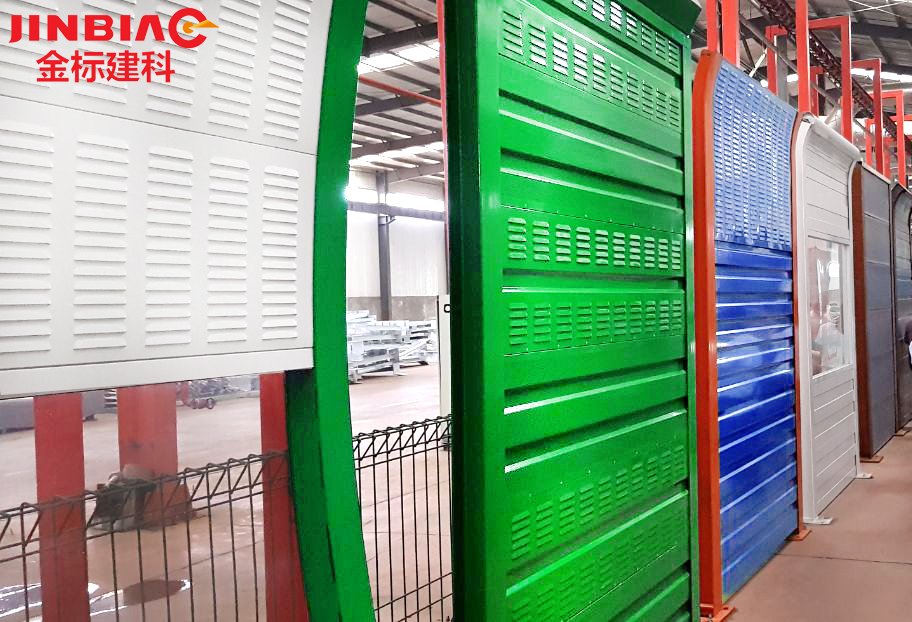Sound barriers or Noise Control Barriers are exterior structures that are specially designed to protect inhabitants of sensitive land use areas from unwanted noise. They are known by many names, such as noise barrier, sound wall, noise wall, sound berm, or acoustical barrier. They are the most effective way of mitigating railway, roadway, and industrial noise sources, coming only second to use of source controls.

There are many different types of noise control barriers. Choosing the right type of sound wall can be tricky, since they all seem to provide the same function to the eyes of the property owner or tenant. With no knowledge and experience, identifying the right noise barrier can be confusing to newcomers.
If you are currently on the lookout for a noise control barrier, then here are the most common types based on their material:
1. Wood barriers.
Noise control barriers made of wood are affordable, not to mention provide good aesthetics. They are most common in households and residential properties. However, most wood barriers are ineffective because of the following factors: air gaps, lack of air mass, prone to damage, and low height.
Perhaps the most effective wood barrier would that be of a close-boarded acoustic timber fence with no air gaps or damage. There are other wood fences that can provide additional absorptive and reflective properties too, depending on the acoustic problems you want to solve.
2. Metal barriers.
Metal noise control barriers are known for their modular construction and cost-effectiveness. They also come with absorptive options to prevent sound from reflecting or bouncing around, while a non-absorptive choice can cause soundwaves to reflect to unintended areas.
The thing about metal barriers is that they are prone to rust and corrosion. Indeed, they do not require a hefty overhead, but you may have to spend more for repair and maintenance later on.
3. Concrete barriers.
Concrete barriers are a long-term investment. The material can last for a long time, not to mention that it is extremely durable. This makes concrete barriers the top choice in mitigating highway noise, and they are often seen near roads across the globe.
Concrete barriers can reduce a significant amount of noise because of their high-density material and resilience against changing climate conditions. However, they can be very expensive, and are only best at reflecting sound rather than absorbing sound waves and reducing echoes.
4. Glass, polycarbonate, or acrylic sheet barriers.
Toughened glass fences are mainly used to reflect sound from roads, as they obstruct the line of sight to road traffic. They are provided in modular sections that combine absorptive and reflective sections. These barriers are not only pleasing to the eyes, but also last longer compared to other types of noise barriers.
5. Temporary noise barriers.
Temporary noise barriers reduce noise from building and construction sites. They are quick to assemble and are attached to metal fences to reduce noise. They are likewise used in open ground events such as concerts and festivals, and can effectively mitigate noise sources such as generators or fixed plant installations. Temporary noise barriers are suitable for short-term projects which are below 5 years.
It is never easy for newcomers to identify the suitable type of noise control barriers for their needs. It requires knowledge and experience to identify correctly. Making a wrong decision will lead to a waste of time and budget. It is necessary to consult with professionals before buying noise barriers. Noise barriers installation is also much easier with the help of Noise Control specialists. As the leading Noise Control company in Singapore, Hebei Jinbiao is a reliable brand in Noise Control products. We are willing to assist you in choosing and installing the barriers to solve your noise issues.
